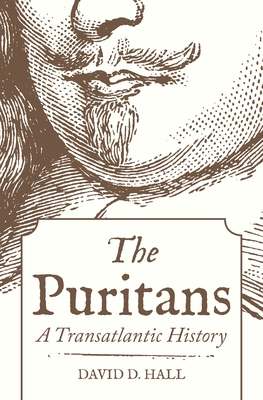Expedite your nonfiction book discovery process with Readara interviews, summaries and recommendations, Broaden your knowledge and gain insights from leading experts and scholars
In-depth, hour-long interviews with notable nonfiction authors, Gain new perspectives and ideas from the writer’s expertise and research, Valuable resource for readers and researchers
Optimize your book discovery process, Four-to eight-page summaries prepared by subject matter experts, Quickly review the book’s central messages and range of content
Books are handpicked covering a wide range of important categories and topics, Selected authors are subject experts, field professionals, or distinguished academics
Our editorial team includes books offering insights, unique views and researched-narratives in categories, Trade shows and book fairs, Book signings and in person author talks,Webinars and online events
Connect with editors and designers,Discover PR & marketing services providers, Source printers and related service providers

The Puritans: A Transatlantic History
History > United States - General
- Princeton University Press
- Hardcover
- 9780691151397
- 9.3 X 6.4 X 1.8 inches
- 2.1 pounds
- History > United States - General
- (Single Author) Asian American
- English
Readara.com
Book Description
A panoramic history of Puritanism in England, Scotland, and New England
This book is a sweeping transatlantic history of Puritanism from its emergence out of the religious tumult of Elizabethan England to its founding role in the story of America. Shedding critical new light on the diverse forms of Puritan belief and practice in England, Scotland, and New England, David Hall provides a multifaceted account of a cultural movement that judged the Protestant reforms of Elizabeth's reign to be unfinished. Hall's vivid and wide-ranging narrative describes the movement's deeply ambiguous triumph under Oliver Cromwell, its political demise with the Restoration of the English monarchy in 1660, and its perilous migration across the Atlantic to establish a perfect reformation in the New World.
A breathtaking work of scholarship by an eminent historian, The Puritans examines the tribulations and doctrinal dilemmas that led to the fragmentation and eventual decline of Puritanism. It presents a compelling portrait of a religious and political movement that was divided virtually from the start. In England, some wanted to dismantle the Church of England entirely and others were more cautious, while Puritans in Scotland were divided between those willing to work with a troublesome king and others insisting on the independence of the state church. This monumental book traces how Puritanism was a catalyst for profound cultural changes in the early modern Atlantic world, opening the door for other dissenter groups such as the Baptists and the Quakers, and leaving its enduring mark on what counted as true religion in America.
Author Bio
David D. Hall has taught at HDS since 1989, and was Bartlett Professor of New England Church History until 2008, when he became Bartlett Research Professor. He writes extensively on religion and society in seventeenth-century New England and England.
His books include The Faithful Shepherd: A History of the New England Ministry in the Seventeenth Century; Worlds of Wonder, Days of Judgment: Popular Religious Belief in Early New England; Puritans in the New World: A Critical Anthology and, most recently, A Reforming People: Puritanism and the Transformation of Public Life in New England (2011). He has edited two key collections of documents: The Antinomian Controversy of 1636–1638: A Documentary History and Witch-Hunting in Seventeenth-Century New England: A Documentary History, 1638–1693.
Another interest is the "history of the book," especially the history of literacy and reading in early America. He edited, with Hugh Amory, The Colonial Book in the Atlantic World, the first of a five-volume series of which he was the general editor.
He continues to study and write about religion and culture in early America, with particular attention to "lived religion," and is presently writing a general history of Puritanism in England, Scotland, and New England c. 1550 to 1700, to be published by Princeton University Press.
- Education
- A.B., Harvard College, 1958 (History and Literature)
Ph.D., Yale University, 1964 (American Studies)
Source: Harvard Divinity School
Videos
No Videos
Community reviews
No Community reviews

